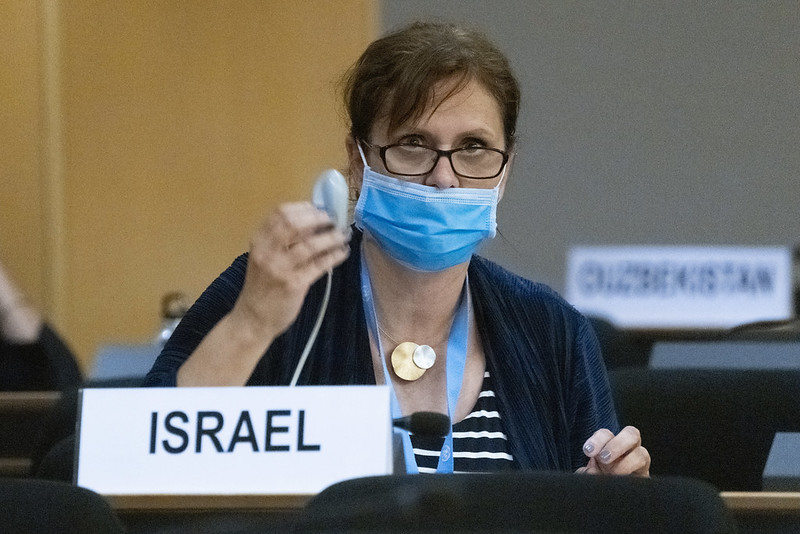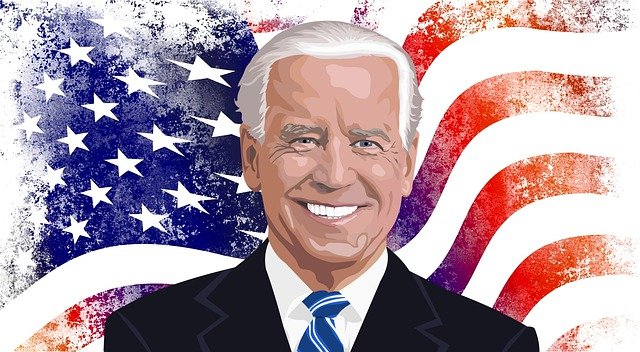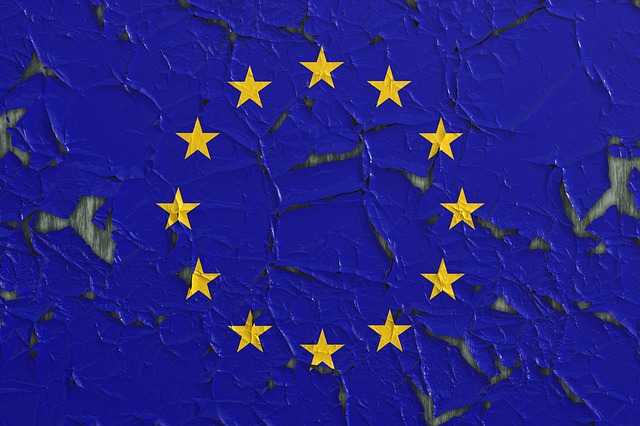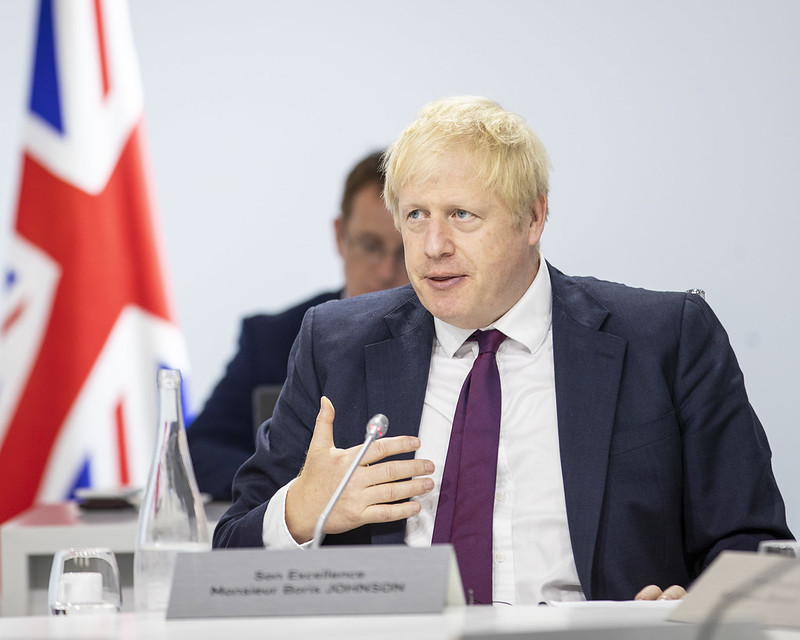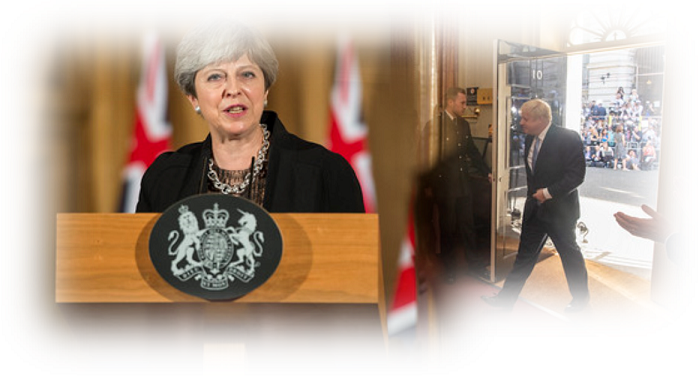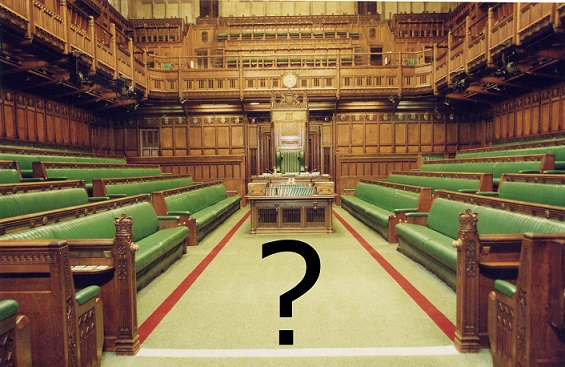25 May 2021 | OPINION
It is absolutely the case that the state of Israel is disproportionately and unfairly targeted by the UN, whether this be from the UN Human Rights Council or other UN bodies. The UN’s condemnation of Israel for not procuring vaccines for the Palestinians – despite it not being within Israel’s jurisdiction to do so – is the latest attack in the sequence.
Before we analyse why the UN was wrong to single out Israel in this way, or the imbalance of criticism Israel receives more broadly when compared with other countries, we must remind ourselves of the dynamics within Israel and its relations with other nations regarding human rights.
The Israeli people enjoy freedom of speech and association, freedom of religion, the right to vote in free elections, have an independent judiciary and enjoy a free press. Disproportionate criticism from the UN also occurs despite Israel caring about the human rights of others outside their own society, as exemplified by Israeli international aid – financial, material or manpower – being given to countries hit by natural disasters (such as IsraAID responders helping in Puerto Rico after Hurricane Maria), or water technology being shared with countries suffering from drought.
Another thing to remember is that Arabs and Muslims living in Israel are also freer than Arabs and Muslims living in other Middle Eastern nations, many of which are run by brutal dictators and religious fanatics. There is also significant Arab representation in the Knesset. Israelis are by far the most free people in the Middle East.
One recent and well-known example of the UN condemning Israel’s behaviour (which has consistently been undeserved) concerns the distribution of Covid-19 vaccinations. On 14 January, a UN press release called out Israel for not including the Palestinians in Gaza and the West Bank in their vaccination programme. The vaccination of the Palestinians, as well as ensuring they have access to adequate protection from the virus and healthcare generally, is undeniably important. However, according to the Oslo Accords and the bilateral agreements that exist, it is the Palestinian Authority that has the duty to procure vaccines for its population.
In addition to the legal case, there is a strong political case against these claims. Israel unilaterally left Gaza in 2005, which left the region under the control of Palestinian authorities. It could therefore be argued that, politically speaking, the Israeli Government would be overstepping the mark if they were to provide state-funded vaccines to Palestinians in Gaza. Moreover, if the Palestinian leaders wanted the Israeli Government to provide vaccinations, they would be guilty of extreme hypocrisy – of wanting the benefits of being part of Israel, yet treating the Jewish state and the people in it with contempt and often violence.
The UN Human Rights Council is also complicit in the singling out of the only Jewish state for condemnation. From 2006-2019, the UN Human Rights Council issued eighty-five condemnations of Israel and the country received five further resolutions against it in 2020. This is disproportionate targeting as, again, from 2006-2019, Iran received only nine condemnations and North Korea received only twelve. Israel receiving more criticism than two countries that are universally seen as some of the worst human rights violators is clearly a disproportionate diplomatic attack on Israel.
Why does this happen? Other Middle East nations such as Iran are much more deserving than Israel of condemnation by the UN and the wider international community. Iran, for instance, abuses human rights routinely, such as with the dubious arrests of Westerners in Iran, not to mention the state-sponsored murder of thousands simply for being gay.
There are a number of factors that explain why Israel is targeted more. First, there is an ideologically motivated bloc of nations that is hostile towards Israel, which is also blighted by widespread anti-Semitic prejudices. These nations often work together through UN institutions to undermine Israel. This has been allowed to happen because, while there used to be only 48 countries in the UN, that number has since increased to 193. The UN has moved from an undeniably pro-West philosophy to one that often seeks to punish free and democratic Western nations – especially when such a nation is Jewish.
An example of this in action is the outcome of the 2001 Durban Conference. The conference was supposed to be “against racism, racial discrimination, xenophobia and related intolerance”. However, it was no such thing – Israel was unfairly targeted. Instead of focusing on combatting racism and racial discrimination worldwide, the conference “focused instead on a specific political conflict that has nothing to do with racism”, according to the Israeli Foreign Ministry. The situation became so fractious that the American and Israeli delegates left the conference.
Secretary of State Colin Powell’s response was that “you do not combat racism by conferences that produce declarations containing hateful language, some of which is a throwback to the days of ‘Zionism equals racism’; or supports the idea that we have made too much of the Holocaust; or suggests that apartheid exists in Israel; or that singles out only one country in the world – Israel – for censure and abuse’’.
Given the evidence presented, there is little doubt that Israel has been the victim of constant attack from the UN. However, there is hope for the future. The Abraham Accords – the peace deal between Israel and the UAE as overseen by former US President Donald Trump – look like they are here to stay, as there is little impetus for Middle Eastern nations to withdraw from the agreement. Perhaps the unity and more expansive diplomatic and commercial co-operation resulting from these deals will help shift the balance of countries voting against Israel at the UN.
Thomas Clowes-Pritchard is a Policy Fellow of The Pinsker Centre, a campus-based think tank which facilitates discussion on global affairs and free speech. The views in this article are the author’s own.






